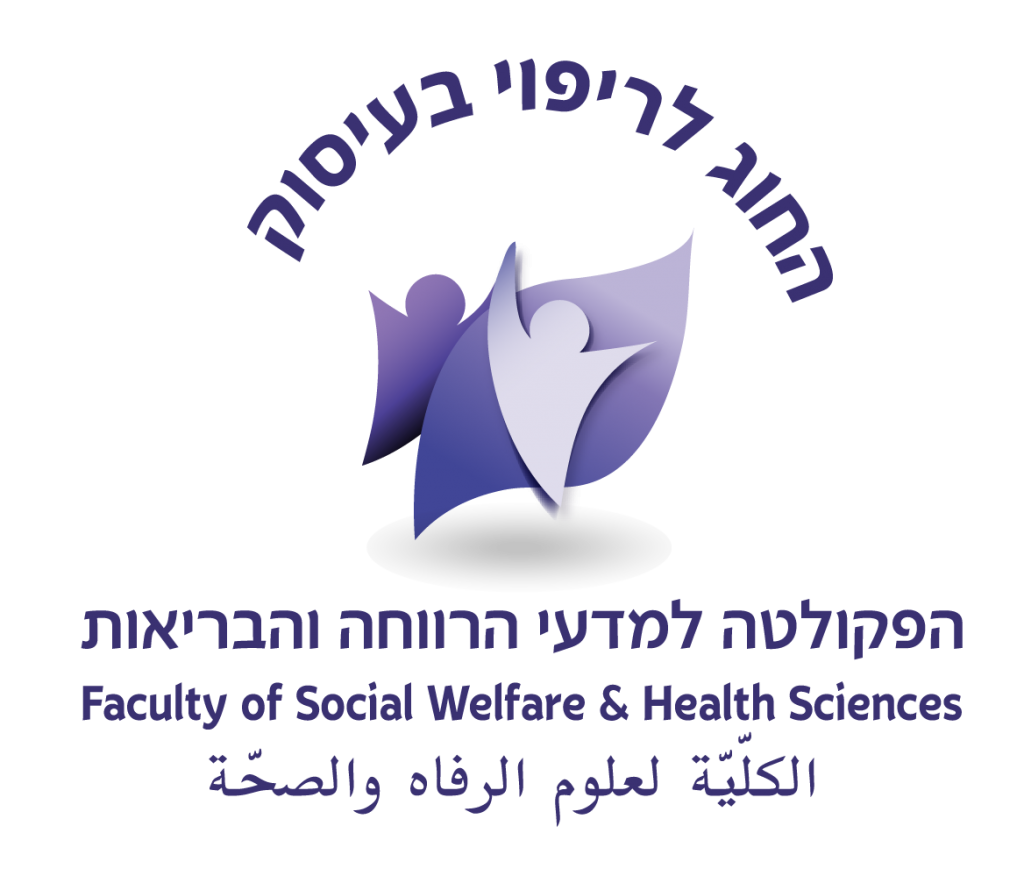Is there a relationship between executive functions and academic success in children with neurofibromatosis type 1?
Gilboa, Y., Rosenblum, S., Fattal-Valevski, A., Toledano-Alhadef, H., & Josman, N. (2014). Is there a relationship between executive functions and academic success in children with neurofibromatosis type 1?. Neuropsychological rehabilitation, 24(6), 918-935. https://doi.org/10.1080/09602011.2014.920262
The present study aimed to compare the executive function (EF) of children with neurofibromatosis type 1 (NF1) to those of typically developing children and to investigate whether those abilities could predict the child’s academic success in terms of academic skills and enablers. Twenty-nine children with NF1 and 27 age-and-gender-matched controls (aged 8-16 years) were examined with two tests to measure EF in an ecologically valid manner: the Behavioural Assessment of the Dysexecutive Syndrome in Children (BADS-C) and the parent questionnaire for the Behavior Rating Inventory of Executive Function (BRIEF). In order to evaluate academic success we used the Academic Competence Evaluation Scales (ACES). The performance of the NF1 group was significantly lower on the Water and Key search subtest of the BADS-C and on four scales of the BRIEF: initiate; working memory; plan/organise and organisation of materials. Significant correlations and predictive models via regression analysis were generated for: BADS-C, BRIEF and ACES scores. Based on these findings, children with NF1 have executive dysfunction that partially accounts for their difficulties in academic achievements.








